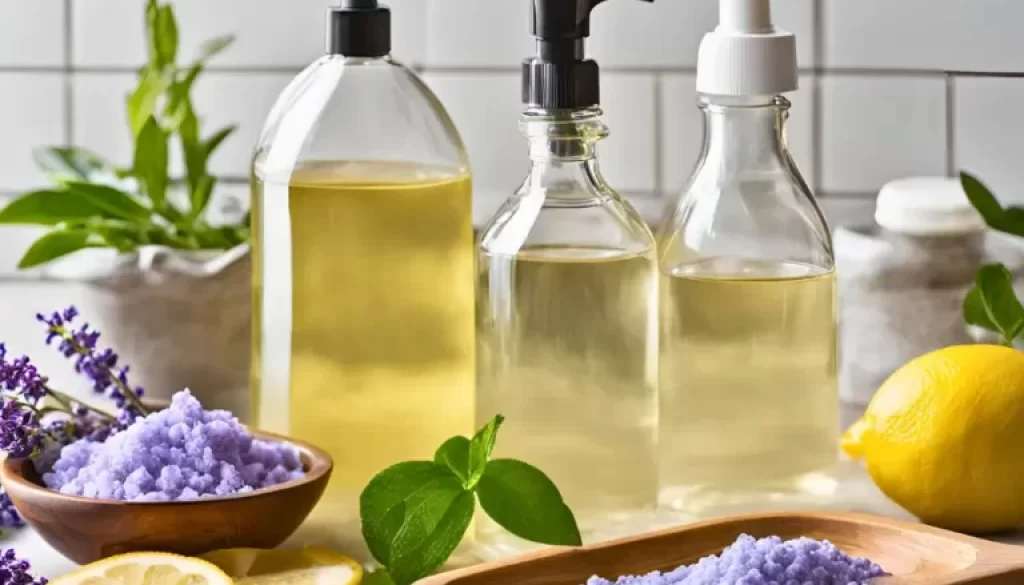DIY Natural Cleaning Products for a Healthier Home: Your Ultimate Guide
In our quest for a cleaner, healthier living environment, the choice of cleaning products we use can make a significant impact. Many commercial cleaning supplies are laden with harsh chemicals that can harm both our health and the environment. This guide will show you how to make your own DIY natural cleaning products, offering an eco-friendly alternative that is safe, effective, and easy to create.
Materials Needed
Before diving into the recipes, let’s gather the essential materials required for making natural cleaning products.
Essential Materials
- White vinegar: A powerful natural disinfectant.
- Baking soda: Excellent for scrubbing and deodorizing.
- Castile soap: A vegetable-based soap that is versatile and biodegradable.
- Essential oils: Such as lemon, tea tree, or lavender for added fragrance and antibacterial properties.
- Spray bottles: For storing your cleaning solutions.
- Glass jars: For bulk storage of ingredients.
- Microfiber cloths: For cleaning surfaces effectively.
- Measuring cups and spoons: For precise measurements.
- Funnel: To pour liquids into bottles without spills.
Please Note: This post contains affiliate links, which means I may earn a commission if you make a purchase through these links. Your support helps keep this content free. Thank you for your understanding and support!
Why Switch to DIY 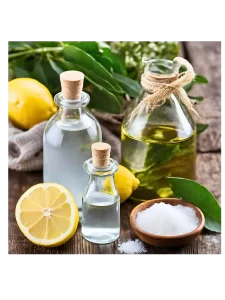 Natural Cleaning Products?
Natural Cleaning Products?
Health Benefits
Using natural cleaning products can significantly reduce your exposure to toxic chemicals. Many commercial cleaners contain harmful ingredients that can irritate skin, eyes, and respiratory systems. By opting for DIY solutions, you’re choosing:
- Safer ingredients: Natural components that are less likely to cause allergic reactions.
- Non-toxic options: Products that are safe for children and pets.
Environmental Benefits
- Reduced Plastic Waste: Making your own cleaners can minimize reliance on single-use plastic bottles.
- Biodegradable Ingredients: Most natural ingredients break down more easily in the environment compared to synthetic chemicals.
- Lower Carbon Footprint: By creating your own products, you reduce the demand for commercial production, which often has a large carbon footprint.
Cost-Effectiveness
DIY cleaning products are often much cheaper than their commercial counterparts. Ingredients like vinegar and baking soda are inexpensive and versatile, allowing you to create a wide range of cleaning solutions.
DIY Natural Cleaning Recipes
Now that you know why to switch to natural cleaning products, let’s explore some simple and effective recipes.
All-Purpose Cleaner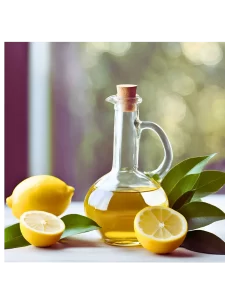
Ingredients:
- 1 cup white vinegar
- 1 cup water
- 10 drops essential oil (lemon or tea tree)
Instructions:
- Combine vinegar and water in a spray bottle.
- Add essential oil for fragrance and additional cleaning power.
- Shake well before use and spray on surfaces, wiping clean with a microfiber cloth.
Glass Cleaner
Ingredients:
- 1 cup water
- 1 cup white vinegar
- 1 tablespoon cornstarch (optional, for extra shine)
Instructions:
- Mix all ingredients in a spray bottle.
- Shake gently and spray onto glass surfaces.
- Wipe with a microfiber cloth for a streak-free finish.
Bathroom Cleaner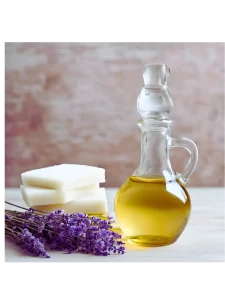
Ingredients:
- 1/2 cup baking soda
- 1/4 cup liquid Castile soap
- 1/4 cup water
- 10 drops essential oil (lavender or eucalyptus)
Instructions:
- Combine all ingredients in a bowl to form a paste.
- Apply the paste to bathroom surfaces (sink, tub, etc.) and let it sit for 10 minutes.
- Scrub with a brush or sponge, then rinse with water.
Carpet Deodorizer
Ingredients:
- 1 cup baking soda
- 10 drops essential oil (your choice)
Instructions:
- In a bowl, mix baking soda and essential oil.
- Sprinkle the mixture over carpets and let it sit for at least 15 minutes (or overnight for heavy odors).
- Vacuum thoroughly to remove the baking soda.
Laundry Detergent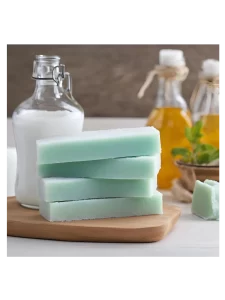
Ingredients:
- 1 cup washing soda
- 1 cup borax
- 1 bar soap (grated; use Castile soap or any natural soap)
Instructions:
- Combine all ingredients in a large container.
- Use 1-2 tablespoons per load of laundry.
Tips for Success
- Label Your Products: Clearly label each spray bottle with the contents and intended use.
- Store in a Cool, Dark Place: Some natural ingredients can degrade in direct sunlight.
- Test Surfaces: Before using a new cleaner on a surface, test a small, inconspicuous area first.
Frequently Asked Questions (FAQ)
Are DIY natural cleaning products effective?
Yes! DIY natural cleaning products can be just as effective as commercial cleaners when made correctly. Ingredients like vinegar, baking soda, and essential oils have powerful cleaning properties.
Can I use these products on all surfaces?
Most natural cleaners are safe for various surfaces, but always test a small area first. Avoid using vinegar on natural stone surfaces as it can cause damage.
How long do homemade cleaners last?
Homemade cleaners typically last about 1-2 months, especially those containing vinegar or essential oils. Store them in a cool, dark place for optimal shelf life.
Can I customize my cleaning products?
Absolutely! Feel free to adjust the essential oils and ingredients to suit your preferences and cleaning needs.
People Also Asked
- What are some common natural cleaning ingredients? Common natural cleaning ingredients include vinegar, baking soda, lemon juice, and essential oils.
- Are there any downsides to natural cleaning products? Some natural products may require more elbow grease compared to chemical cleaners, but the health and environmental benefits often outweigh this.
- Can I make a disinfectant with natural ingredients? Yes! Vinegar and essential oils like tea tree oil have natural antibacterial properties, making them effective disinfectants.
Switching to DIY natural cleaning products is a powerful step towards a healthier home and planet. Not only are these products safer for your family and pets, but they also reduce your environmental impact and save you money. By following the recipes and tips outlined in this guide, you can enjoy a clean and inviting home without the harmful side effects of commercial cleaners.
Key Takeaways
- Healthier Home: Natural cleaning products contribute to better indoor air quality.
- Cost Savings: Making your own cleaners can save you money in the long run.
- Environmental Responsibility: Reduce plastic waste and choose biodegradable ingredients.
With the knowledge and recipes provided, you’re ready to embrace the world of DIY natural cleaning products. If you have any questions or want to share your experiences, feel free to leave a comment below. Happy cleaning!
What to Read Next:
How to Make Your Own Beeswax Food Wraps: A Simple, Sustainable DIY Guide
Flan de Calabaza: A Delightful Pumpkin Flan for the Holidays

